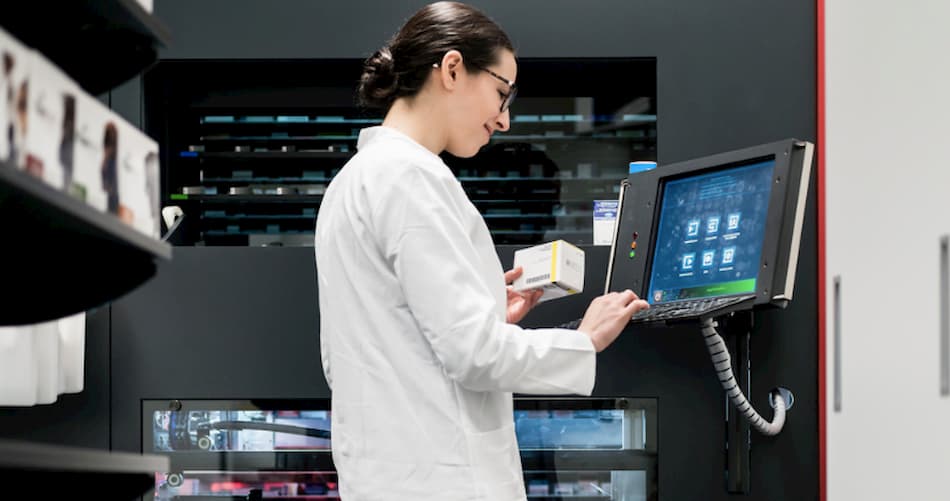The commitment to promote more sustainable industries has served to take giant steps. Companies have adapted to the new technological scenarios that arise, as well as to the requests of the public, increasingly committed to the health of our planet and focused on the consumption of products made with raw materials capable of protecting our environment. From Naeco we explain where the sector is heading.
Sustainable trends in the Chemical Industry
Environmental sustainability is the main challenge facing the industrial sector. That means that materials, logistics solutions and ways of working must move in that direction to improve the manufacturing, handling, transportation, distribution, and storage processes of any chemical product. These are some of the challenges to overcome:
- Use of recyclable and reusable plastic materials. Current policies that work on restrictions on the consumption of single-use plastics will require companies to develop measures that eliminate these plastics from their circuits. In this way, companies in all sectors, including the chemical and pharmaceutical industry, will have to apply logistics solutions (pallets, containers, or boxes) made with recyclable and reusable plastic materials. Given that the production of plastic represents more than a third of the activity of the chemical industry, it is necessary to change its use and apply sustainable solutions to optimize the activities of the sector while protecting the environment.
- Cleaner and greener production processes. The chemical industry is 100% committed to caring for our planet. For this reason, companies are adopting measures to implement more sustainable and ecological production processes. This means that operations carried out in the chemical sector will be more sustainable. There are currently certifications such as Zero Waste, issued by AENOR, which certify those companies that, during their production process, value the waste they generate, preventing it from ending up in the landfill.
- Disruptive technologies for the automation of tasks. Companies in the chemical sector are increasingly taking advantage of the potential of technologies such as Blockchain or Big Data to gain security, guarantee the traceability of supply chains and capture and analyse valuable data that improve the performance of their operations. And all this, while reducing, for example, the fuel emissions of their fleets. Also, the biotechnology is put at the service of the sector to move towards smarter production models. Thanks to the digitization and digital transformation of industrial processes, they will be able to place themselves at the forefront of the market and improve their competitiveness.
- Green logistics and circular economy. Our present and immediate future is marked by a clear trend towards green manufacturing and work systems. This means that the main objective of companies is to evolve towards total sustainability. This commitment requires the application of more flexible and environmentally friendly work logistics models that are fundamentally based on the circular economy. Betting on reverse logistics and ensuring that it has the least possible impact, reducing Co2 emissions or the number of trips, is a measure that favors sustainable logistics. In the return of the packaging, factors such as reuse and recycling enter, very present in pallets, boxes, and plastic containers.
- Use of special plastic pallets (chemical pallets or CP pallets). Plastic pallets are key logistics tools. They are used by the chemical industry to handle, transport, and safely store liquids, bags, powders, and other highly sensitive and dangerous goods. For this reason, plastic pallets, in addition to being recyclable and reusable, have specific characteristics that are more sustainable and improved to meet the special needs of the sector, ensuring maximum safety and operational optimization. An example of this are the plastic pallets type CP1 and CP6, which are used mainly for the transport of bags and boxes, and the plastic pallets type CP4 and CP7, fundamental in the transport of products in bags.
The chemical industry requires special care. It is a sector that works with delicate processes, goods, and components. For this reason, it is necessary that you bet on innovative solutions that reinforce the quality of the products and preserve safety, hygiene and, especially, the environment.
















